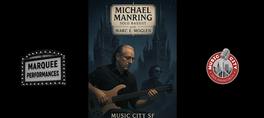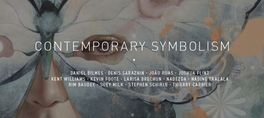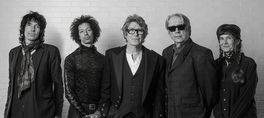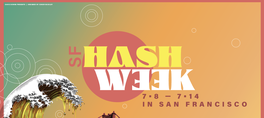Last August, white nationalist and far right demonstrators gathered in Charlottesville, Virginia, for a “Unite the Right” rally. The gathering resulted in violent clashes with counter-protesters and the death of a 32-year-old woman. For many, the incident highlighted a resurfacing of American extremism, a growing empowerment of fringe viewpoints and hateful speech. It’s a trend that experts have taken note of in recent years, with far-right and white supremacist groups using college campuses as recruitment centers and political candidates using increasingly divisive rhetoric on the campaign trail.
In this special conversation presented by KQED, a panel of experts will dig into the roots of this cultural and political shift and tackle those uncomfortable questions of racism, polarization and hateful speech. We’ll explore what’s led to the rise of extremism in the U.S., whether we’ve seen anything like it before, and how the country can move forward from a period of such intense division.
show less
In this special conversation presented by KQED, a panel of experts will dig into the roots of this cultural and political shift and tackle those uncomfortable questions of racism, polarization and hateful speech. We’ll explore what’s led to the rise of extremism in the U.S., whether we’ve seen anything like it before, and how the country can move forward from a period of such intense division.
Last August, white nationalist and far right demonstrators gathered in Charlottesville, Virginia, for a “Unite the Right” rally. The gathering resulted in violent clashes with counter-protesters and the death of a 32-year-old woman. For many, the incident highlighted a resurfacing of American extremism, a growing empowerment of fringe viewpoints and hateful speech. It’s a trend that experts have taken note of in recent years, with far-right and white supremacist groups using college campuses as recruitment centers and political candidates using increasingly divisive rhetoric on the campaign trail.
In this special conversation presented by KQED, a panel of experts will dig into the roots of this cultural and political shift and tackle those uncomfortable questions of racism, polarization and hateful speech. We’ll explore what’s led to the rise of extremism in the U.S., whether we’ve seen anything like it before, and how the country can move forward from a period of such intense division.
read more
In this special conversation presented by KQED, a panel of experts will dig into the roots of this cultural and political shift and tackle those uncomfortable questions of racism, polarization and hateful speech. We’ll explore what’s led to the rise of extremism in the U.S., whether we’ve seen anything like it before, and how the country can move forward from a period of such intense division.
show less
Date/Times:
750 Kearny Street, San Francisco, CA 94108
The Best Events
Every Week in Your Inbox
From Our Sponsors
UPCOMING EVENTS
Great suggestion! We'll be in touch.
Event reviewed successfully.









